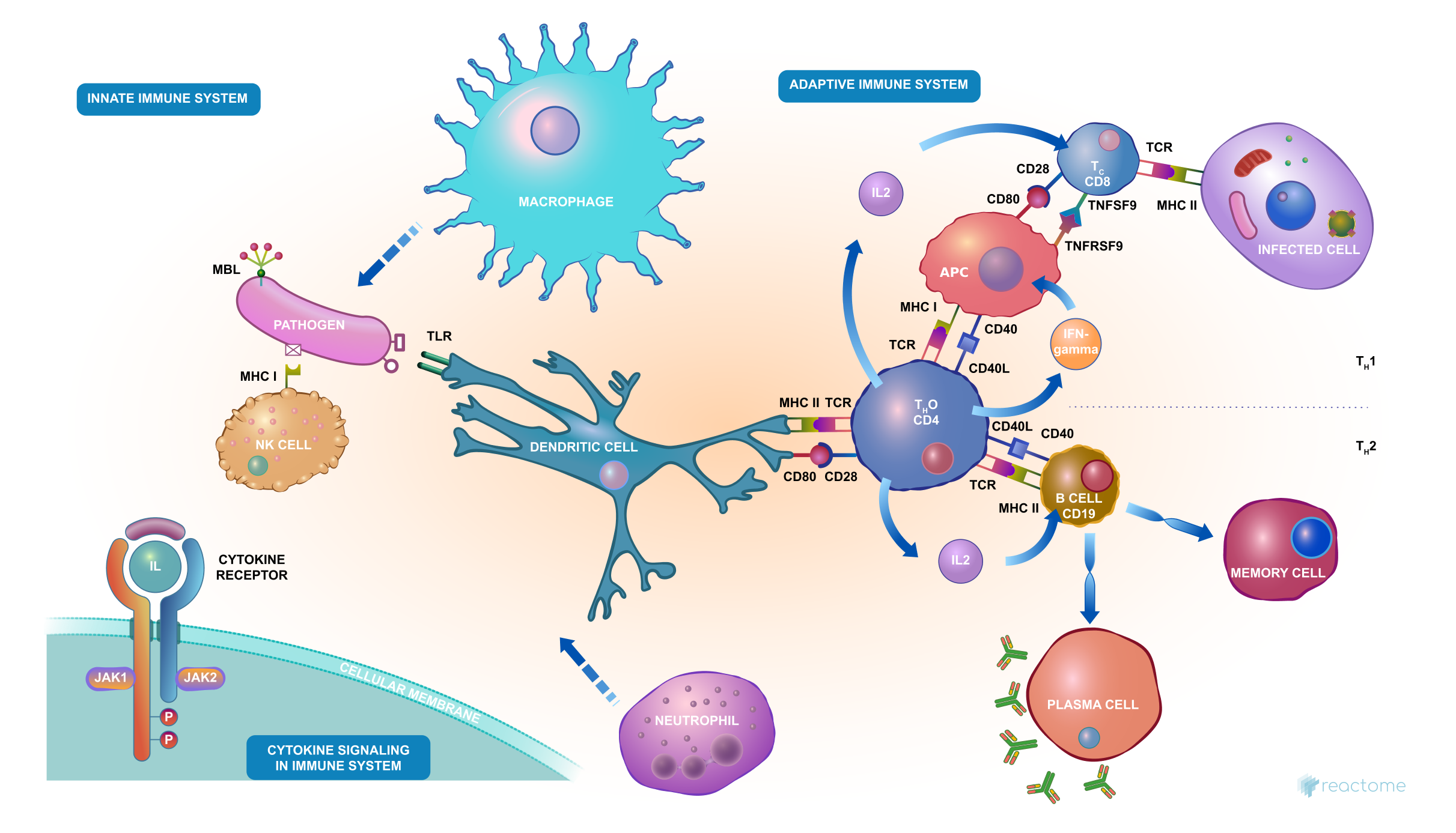
As a new parent, it is natural to worry about your baby’s health and well-being. One of the most important aspects of ensuring your baby’s health is to understand how their immune system develops. The immune system is responsible for protecting the body from harmful pathogens, such as viruses and bacteria. In this article, we will explore how a baby’s immune system develops and what you can do to support it.
Table of Contents
How Does a Baby’s Immune System Develop?
A baby’s immune system starts developing in the womb and continues to develop after birth. The first step in the development of the immune system is the formation of the thymus gland, which is responsible for producing T-cells, a type of white blood cell that helps fight infections.
Once a baby is born, they are exposed to a variety of pathogens in their environment, which helps to stimulate their immune system. Breast milk is also an essential factor in the development of a baby’s immune system. It contains antibodies that help protect the baby from infections and boost their immune system.
As a baby grows, their immune system continues to develop and mature. By the age of 2, a baby’s immune system is almost as developed as an adult’s. However, it is important to note that a baby’s immune system is still vulnerable to infections, and they may need additional protection, such as vaccinations.
What Can You Do to Support Your Baby’s Immune System?
There are several steps you can take to support your baby’s immune system:
- Ensure that your baby gets enough sleep. Sleep is essential for the immune system to function properly.
- Provide a healthy and balanced diet. A well-nourished body is better equipped to fight infections.
- Practice good hygiene. Wash your hands frequently and keep your baby’s environment clean and germ-free.
- Breastfeed your baby if possible. Breast milk contains antibodies that help protect your baby from infections.
- Ensure that your baby is up to date on all of their vaccinations. Vaccinations are an essential part of protecting your baby’s immune system.
By following these simple steps, you can help support your baby’s immune system and keep them healthy and happy.
FAQs
What is the immune system?
The immune system is a complex network of cells, tissues, and organs that work together to protect the body from harmful pathogens, such as viruses and bacteria.
When does a baby’s immune system start to develop?
A baby’s immune system starts developing in the womb and continues to develop after birth.
What role does breast milk play in the development of a baby’s immune system?
Breast milk contains antibodies that help protect the baby from infections and boost their immune system.
How can I support my baby’s immune system?
You can support your baby’s immune system by ensuring that they get enough sleep, providing a healthy and balanced diet, practicing good hygiene, breastfeeding if possible, and ensuring that they are up to date on all of their vaccinations.
When is a baby’s immune system fully developed?
A baby’s immune system is almost fully developed by the age of 2.
In conclusion, understanding how a baby’s immune system develops is essential for ensuring their health and well-being. By following simple steps to support their immune system, you can help keep your baby healthy and happy.
